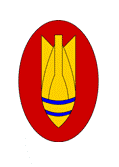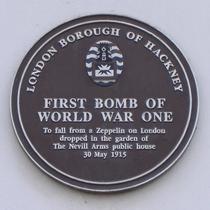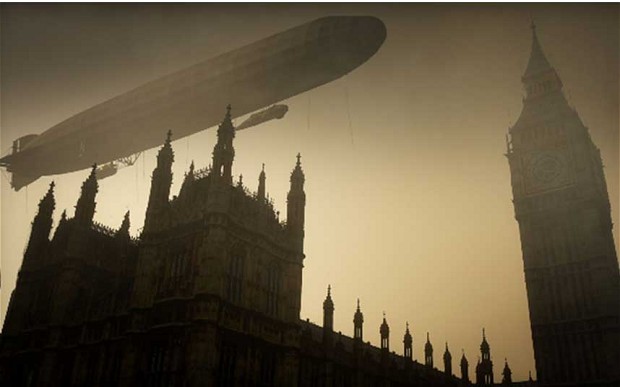

101 (City of London) Engineer Regiment
(Explosive Ordnance Disposal & Search)
Regimental Association
85 Years of Bomb Disposal - Where did it all start? 
 A good starting point to explain the evolution of the UKs bomb disposal capability is articulated by the author Peter Birchall:
A good starting point to explain the evolution of the UKs bomb disposal capability is articulated by the author Peter Birchall:(Birchall, P, 1997, p.149) ‘During the first world War the number of aircraft bombs that were dropped on the British Mainland amounted to just over 8,500. Some 500 of these failed to explode. The problem of UXBs was therefore very small and there was no real problem. At this time UXBs were dealt with by the Army Ordnance Corps, in addition to their routine tasks of disposal of all other land service munitions. Although little action was taken prior to the start of the Second World War. In 1936 the police were notified, in a Home Office Instruction, that the Army Ordnance Corps would be responsible for the general disposal of all unexploded bombs, unless a suitable representative of the Royal Navy or Royal Air Force was available.
As the clouds of war grew darker someone in the War Office realised that most qualified Royal Army Ordnance Corps (RAOC) personnel would be overseas on duty……..’
 What followed was a series of interdepartmental committees and various solutions until someone suggested that the Royal Engineers should take on the role of dealing with UXBs on the UK Mainland. They had already received a lot of the necessary training and skills, including; the use of explosives for demolition work and trained engineers experienced in construction and general excavation work. This would prove useful experience when digging down to UXBs, shoring up the shaft and placing the explosives (if the situation permitted) to render the device safe. Initially, small teams were formed to carry out this work.
What followed was a series of interdepartmental committees and various solutions until someone suggested that the Royal Engineers should take on the role of dealing with UXBs on the UK Mainland. They had already received a lot of the necessary training and skills, including; the use of explosives for demolition work and trained engineers experienced in construction and general excavation work. This would prove useful experience when digging down to UXBs, shoring up the shaft and placing the explosives (if the situation permitted) to render the device safe. Initially, small teams were formed to carry out this work.

